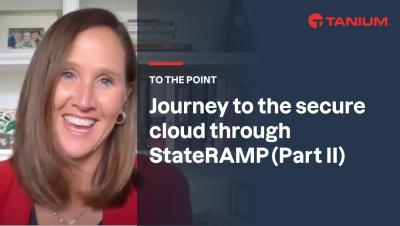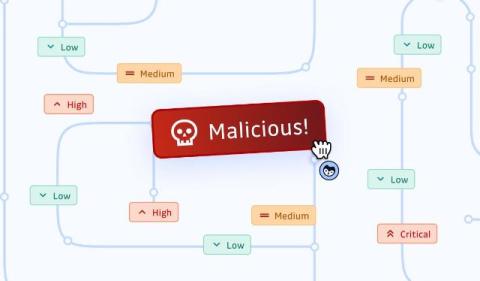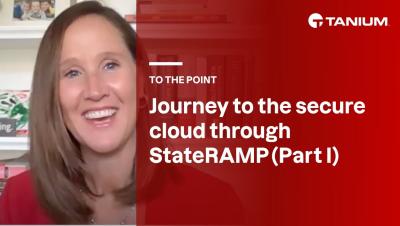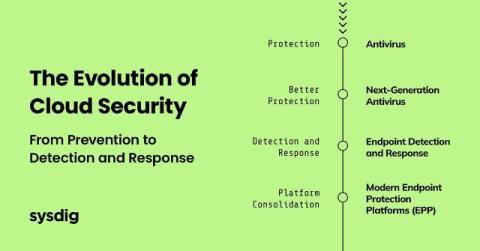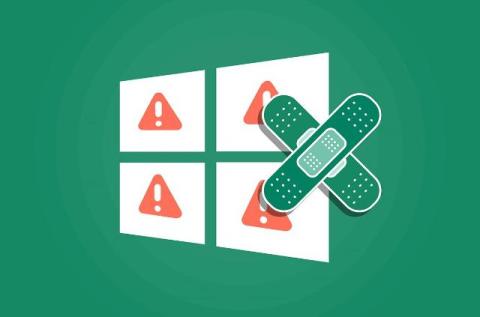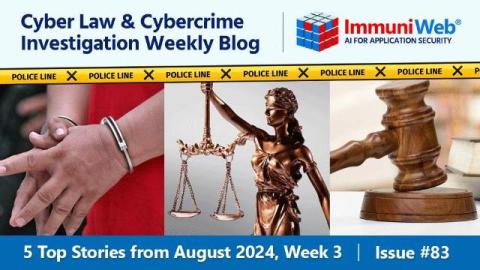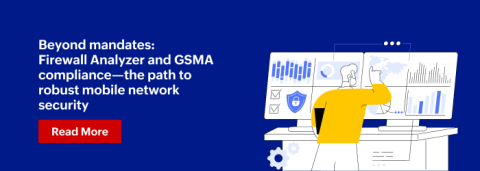To the Point: Journey to the secure cloud through StateRAMP (Part II)
Join us for part two of Tanium Public Sector’s first episode of our To the Point government thought leadership interview series as we continue our dialogue with Leah McGrath, executive director of StateRAMP, as she delves into best practices for standardization, continuous monitoring and more.


